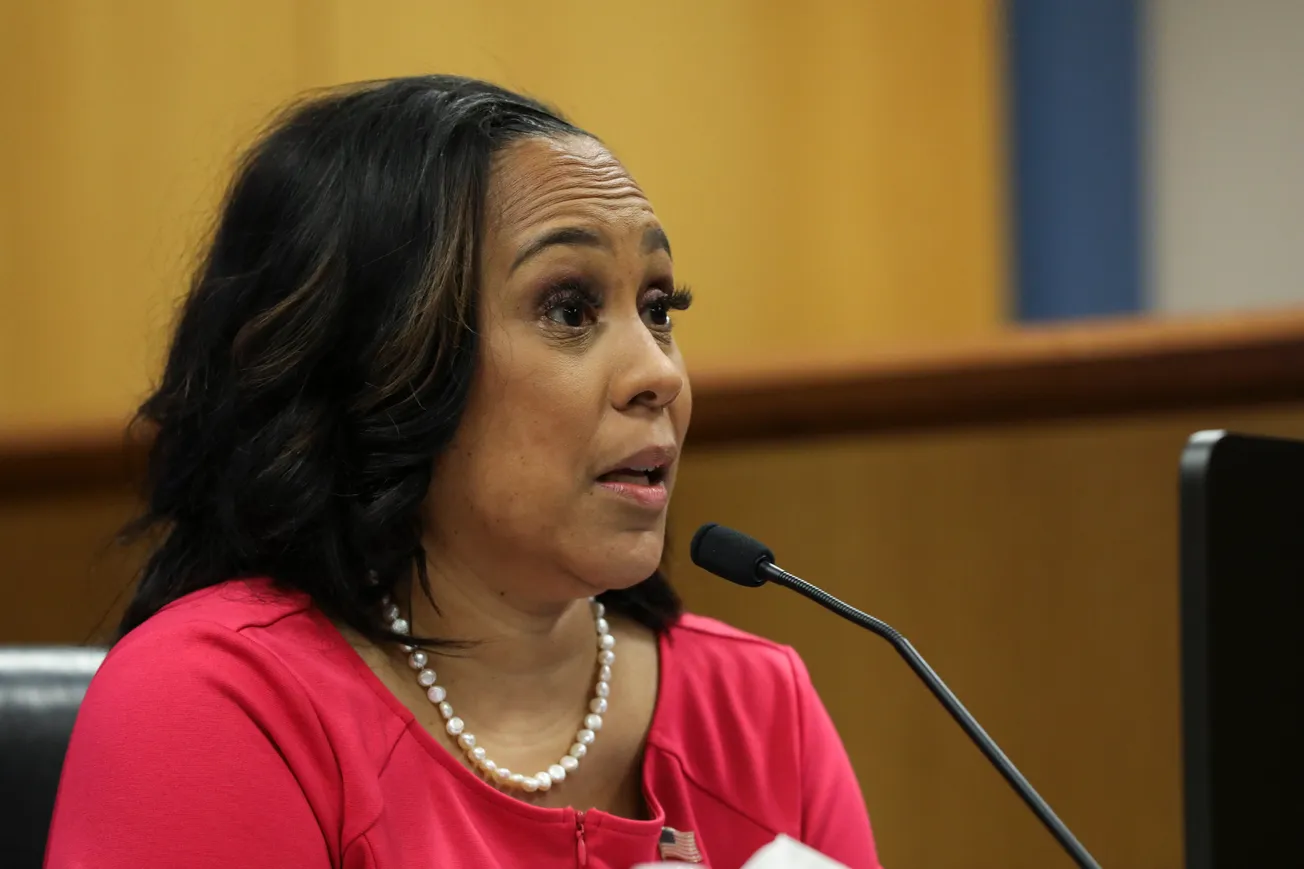Companies, schools, amusement parks and even professional sports teams that have gone “woke” and adopted “diversity, equity and inclusion” measures are alienating many customers, leading to a drop in business, reports indicate. The latest I&I/TIPP Poll shows why: A strong plurality of Americans oppose such social activism rather than support it.
In recent months, companies as varied as Anheuser-Busch, Disney, and Target; the Los Angeles Dodgers; and major universities have suffered financial and reputational damage for pushing controversial DEI social and cultural issues on customers, fans and students.
To get to the bottom of this backlash, we asked I&I/TIPP poll respondents to tell us “Which of these statements best describes how you feel about these companies’ actions?” The online nationwide poll was taken from May 31-June 2 from 1,358 adults, with a margin of error of +/-2.7 percentage points.
All told, 46% of Americans opposed the trend toward corporate social activism, compared to just 17% who supported it. But a large contingent, 29%, expressed indifference.

These totals came from reactions of those who took the poll to five separate possible responses.
Among those who opposed the “woke” corporate trend, the strongest reaction, at 29% approval, came in response to this statement: “Companies have no business promoting such radical, divisive ideas on their customers and shareholders.”
That was followed by 17% who said the statement, “I will not knowingly patronize any company or institution pursuing an extreme agenda,” most closely matched their feelings.
Meanwhile, 17% agreed that “Companies should aggressively push social change regardless of its financial impact.”
An even larger 24% however showed indifference, agreeing with the statement “I will keep doing business with companies without bothering about what ideology they are promoting.”
Another 13% called themselves “not sure.”
This seems to be an ideological and cultural battle that will play out in the 2024 election cycle.
Not surprisingly, the splits among political affiliations are profound. For instance, among Democrats, 30% are against the DEI push, while 28% support it and 31% express indifference.

Republicans are starkly at odds with Dems on this: 66% oppose the DEI push, while a mere 6% support it and only 16% express indifference.
Once again, independents, who tend toward the moderate to liberal part of the political spectrum, sit somewhere in the middle of the two established parties. Some 47% of independents oppose the DEI movement, while 13% support it and 22% take the indifferent stance.
Americans, it seems, are not happy having a controversial social agenda imposed by U.S. corporations and other public organizations. In our own poll samplings over the years, those calling themselves “conservative” or “moderate” make up two-thirds to three-quarters of our sample. America sees itself as a center-right nation.
What’s behind this? Americans, for the most part, appear to be concerned with extreme changes being imposed on society during a time of social, political and cultural turmoil.
The once highly popular beer brand, Anheuser-Busch’s Bud Light, has become a case study for future business students of how to destroy a respected brand’s goodwill by politicizing it.
After hiring transgender “influencer” Dylan Mulvaney to push its Bud Light brand, the company found its customer base in broad revolt. Former customers boycotted the once the No. 1 beer in the nation, sending sales plummeting along with Anheuser-Busch’s stock. Sales have dived nearly 25% since the boycott, while the company’s shareholders have lost roughly $13 billion.
The nation’s seventh-largest retailer, Target, likewise, has irked its once-faithful customers by adding “tuck-friendly” swimsuits in its in-store clothes collection as part of the 2023 Pride month celebration. “Tuck-friendly” clothes let transgenders who have not had surgery to change their sex hide their private parts.
Even some gay groups found this disturbing.
As Newsweek recently noted, “Referring to the children’s clothes on display at Target, Gays Against Groomers, which describes itself as an ‘organization of gays against the sexualization, indoctrination and medicalization of children,’ wrote: ‘They are indoctrinating and grooming them with LGBTQ ideology. It is highly inappropriate and disturbing.’ “
The list of companies that now seem to be in the crosshairs of their own customers is growing. While boycotts often fade, these show few signs of abating any time soon. It’s part of what many on both the left and right consider to be a brewing culture war in America.
What’s behind the sudden eruption over corporate social policies? Often cited as a reason is investment funds that now measure companies by their “Environmental, Social, and Governance” (ESG) scores.
These “scores” include “vague, progressive categories like ‘carbon footprint,’ ‘social vulnerability,’ ‘disadvantaged or priority populations,’ and ‘board of Directors’ diversity,’ just to name a few,” according to the Western Journal. But it’s all tied to the DEI movement.
Score too low on the ESG index and you might find your stock shunned by major investment funds. Never mind that ESG scores appear to violate the basic fiduciary responsibility to maximize profits that every publicly held company has.
Examples of these new “woke” corporations are legion, the Washington Examiner observes: “Bud Light recruiting Dylan Mulvaney to do an advertisement, Disney actively opposing a Florida law prohibiting instruction on sexual orientation and gender identity for grades K-3, the Los Angeles Dodgers honoring an anti-Catholic group, and the MLB ‘yanking‘ the All-Star Game from Georgia over a benign voting law.”
In each case, critics argue, organizations are essentially trying to force-feed customers the “woke,” progressive politics they’ve adopted, even if their patrons vehemently disagree.
But, for the time being, non-woke customers seem to be winning the battle.
“What is changing now, executives and corporate advisers said, is that conservative groups and political leaders are pushing back against companies more forcefully,” the Wall Street Journal wrote recently. “Consumers are also more openly expressing frustration that companies are airing views in ways some don’t welcome.”
Shareholders are also striking back, after watching their stock portfolios get battered by the ongoing woke/not-woke cultural battle.
Shareholders of Chevron and Exxon-Mobil, for instance, recently voted down new climate-change measures proposed by activist shareholders, and 18 of 20 of the proposals got less than 25% of the vote.
“The votes were abysmal for climate activists,” the Wall Street Journal observed.
Likewise, Coca-Cola shareholders, fearing a Bud Light-like backlash, last month “soundly rejected” three proposals backed by leftist activists. The pushback has begun.
The phrase “get woke, go broke,” coined barely five years ago, today seems more relevant than ever. As the I&I/TIPP Poll’s results show, a great many Americans want their capitalism “unwoke.”
I&I/TIPP publishes timely, unique, and informative data each month on topics of public interest. TIPP’s reputation for polling excellence comes from being the most accurate pollster for the past five presidential elections.
Terry Jones is an editor of Issues & Insights. His four decades of journalism experience include serving as national issues editor, economics editor, and editorial page editor for Investor’s Business Daily.
Like our insights? Show your support by becoming a paid subscriber!
Please email editor-tippinsights@technometrica.com









